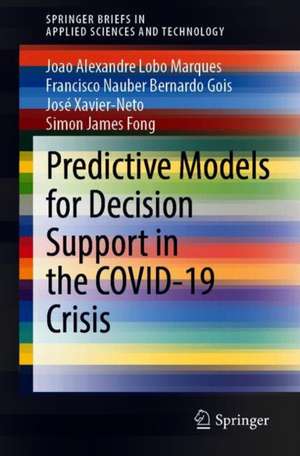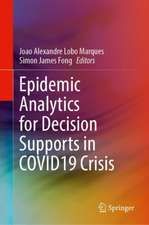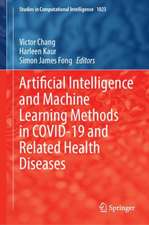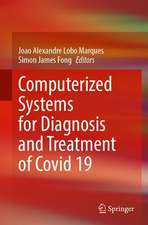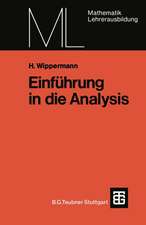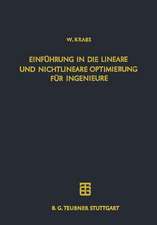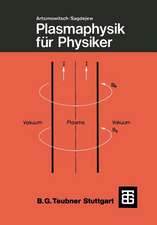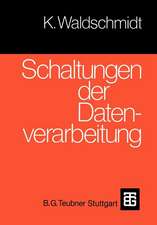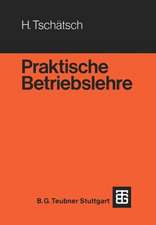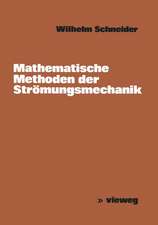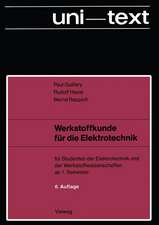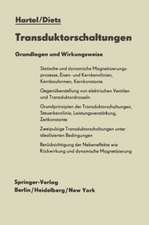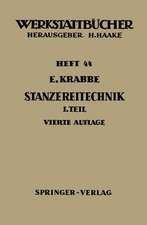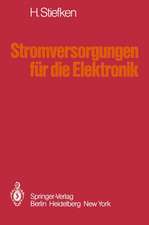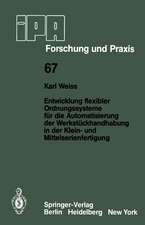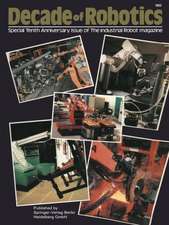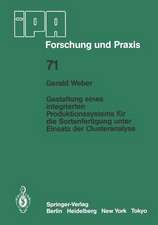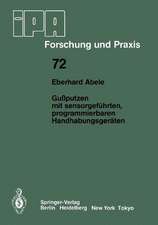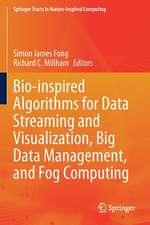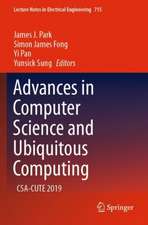Predictive Models for Decision Support in the COVID-19 Crisis: SpringerBriefs in Applied Sciences and Technology
Autor Joao Alexandre Lobo Marques, Francisco Nauber Bernardo Gois, José Xavier-Neto, Simon James Fongen Limba Engleză Paperback – dec 2020
Din seria SpringerBriefs in Applied Sciences and Technology
-
 Preț: 380.29 lei
Preț: 380.29 lei - 17%
 Preț: 360.34 lei
Preț: 360.34 lei - 20%
 Preț: 386.12 lei
Preț: 386.12 lei -
 Preț: 380.07 lei
Preț: 380.07 lei -
 Preț: 377.95 lei
Preț: 377.95 lei -
 Preț: 382.32 lei
Preț: 382.32 lei -
 Preț: 376.59 lei
Preț: 376.59 lei -
 Preț: 379.09 lei
Preț: 379.09 lei -
 Preț: 378.12 lei
Preț: 378.12 lei - 20%
 Preț: 293.83 lei
Preț: 293.83 lei -
 Preț: 344.90 lei
Preț: 344.90 lei -
 Preț: 321.36 lei
Preț: 321.36 lei -
 Preț: 264.79 lei
Preț: 264.79 lei -
 Preț: 344.90 lei
Preț: 344.90 lei -
 Preț: 356.46 lei
Preț: 356.46 lei -
 Preț: 382.95 lei
Preț: 382.95 lei -
 Preț: 355.66 lei
Preț: 355.66 lei -
 Preț: 479.67 lei
Preț: 479.67 lei -
 Preț: 415.18 lei
Preț: 415.18 lei -
 Preț: 444.52 lei
Preț: 444.52 lei - 20%
 Preț: 301.86 lei
Preț: 301.86 lei -
 Preț: 409.43 lei
Preț: 409.43 lei - 20%
 Preț: 322.17 lei
Preț: 322.17 lei -
 Preț: 355.49 lei
Preț: 355.49 lei - 15%
 Preț: 462.51 lei
Preț: 462.51 lei -
 Preț: 377.18 lei
Preț: 377.18 lei -
 Preț: 355.93 lei
Preț: 355.93 lei -
 Preț: 382.95 lei
Preț: 382.95 lei -
 Preț: 378.12 lei
Preț: 378.12 lei -
 Preț: 378.12 lei
Preț: 378.12 lei -
 Preț: 380.07 lei
Preț: 380.07 lei -
 Preț: 380.07 lei
Preț: 380.07 lei - 20%
 Preț: 326.28 lei
Preț: 326.28 lei -
 Preț: 312.68 lei
Preț: 312.68 lei -
 Preț: 356.43 lei
Preț: 356.43 lei -
 Preț: 412.30 lei
Preț: 412.30 lei - 20%
 Preț: 225.31 lei
Preț: 225.31 lei -
 Preț: 378.12 lei
Preț: 378.12 lei -
 Preț: 376.59 lei
Preț: 376.59 lei -
 Preț: 195.87 lei
Preț: 195.87 lei -
 Preț: 376.22 lei
Preț: 376.22 lei - 20%
 Preț: 324.64 lei
Preț: 324.64 lei - 20%
 Preț: 288.73 lei
Preț: 288.73 lei -
 Preț: 377.57 lei
Preț: 377.57 lei -
 Preț: 261.91 lei
Preț: 261.91 lei -
 Preț: 381.98 lei
Preț: 381.98 lei -
 Preț: 410.87 lei
Preț: 410.87 lei -
 Preț: 379.68 lei
Preț: 379.68 lei -
 Preț: 374.30 lei
Preț: 374.30 lei
Preț: 273.64 lei
Nou
Puncte Express: 410
Preț estimativ în valută:
52.37€ • 54.47$ • 43.23£
52.37€ • 54.47$ • 43.23£
Carte disponibilă
Livrare economică 24 martie-07 aprilie
Livrare express 07-13 martie pentru 22.39 lei
Preluare comenzi: 021 569.72.76
Specificații
ISBN-13: 9783030619121
ISBN-10: 3030619125
Pagini: 98
Ilustrații: VII, 98 p. 48 illus., 41 illus. in color.
Dimensiuni: 155 x 235 x 12 mm
Greutate: 0.16 kg
Ediția:1st ed. 2021
Editura: Springer International Publishing
Colecția Springer
Seria SpringerBriefs in Applied Sciences and Technology
Locul publicării:Cham, Switzerland
ISBN-10: 3030619125
Pagini: 98
Ilustrații: VII, 98 p. 48 illus., 41 illus. in color.
Dimensiuni: 155 x 235 x 12 mm
Greutate: 0.16 kg
Ediția:1st ed. 2021
Editura: Springer International Publishing
Colecția Springer
Seria SpringerBriefs in Applied Sciences and Technology
Locul publicării:Cham, Switzerland
Cuprins
Chapter 1. Prediction for Decision Support during the COVID-19 Pandemic.- Chapter 2. Epidemiology Compartmental Models - SIR, SEIR and SEIR with Intervention.- Chapter 3. Forecasting COVID-19 Time Series based on an Auto Regressive Model.- Chapter 4. Nonlinear Prediction for the COVID-19 Data based on Quadratic Kalman Filtering.- Chapter 5. Artificial Intelligence Prediction for the COVID-19 Data based on LSTM Neural Networks and H2O AutoML.- Chapter 6. Predicting the Geographic Spread of the COVID-19 Pandemic: a case study from Brazil.
Recenzii
“This book is … of great interest for mathematical modelers--it nicely summarizes many important tools, with concrete examples, that could be adapted for other situations. … I strongly recommend this book to advanced undergraduate engineers and mathematicians as well as specialists dealing with dynamical system modeling.” (Arturo Ortiz-Tapia, Computing Reviews, July 26, 2022)
Notă biografică
Professor João Alexandre Lobo Marques gained his master’s degree in 2007 and his PhD in 2009, both from the Federal University of Ceará, UFC, Brasil. He works as an associate professor at the University of Saint Joseph, Macau, and as a visiting associate professor at the Chinese Academy of Sciences. He is the CEO and co-founder of the XS Innovation Group in Brazil, which is focused on bioengineering innovation for education. He has published over 60 journal and conference papers, and has co-authored three books. His research interests include computational and artificial intelligence, data sciences, and neuroeconomics.
Professor Francisco Nauber Bernardo Gois is an adjunct professor at the Federal University of Ceará. He holds a master’s degree and a PhD from the University of Fortaleza, gained in 2010 and 2017 respectively. He has experience in computer science, with emphasis on machine learning and software testing, deep learning, continuous integration, testing and extreme programming.
Dr José Xavier Neto holds a medical degree from Federal University of Ceará and a PhD from the University of São Paulo, which he gained in 1989 and 1993 respectively. He has worked in medical research for decades, including his current role as the Chief Health Scientist of Ceará and a Visiting Professor at the Federal University of Ceará. He has been involved in creating an experimental model for developmental neuropathy induced by the Zika virus, as well as leading a multidisciplinary team which described the first fossilised heart.
Professor Simon James Fong gained his master’s degree and PhD from La Trobe University in 1994 and 1998 respectively. He has worked in several academic positions, including his current role as Associate Professor at the University of Macau. He has been on the committee for several conferences, including acting as chair, and has worked as a book series editor. His research interests include data mining, artificial intelligence, machine learning, and biomedical applications.
Dr José Xavier Neto holds a medical degree from Federal University of Ceará and a PhD from the University of São Paulo, which he gained in 1989 and 1993 respectively. He has worked in medical research for decades, including his current role as the Chief Health Scientist of Ceará and a Visiting Professor at the Federal University of Ceará. He has been involved in creating an experimental model for developmental neuropathy induced by the Zika virus, as well as leading a multidisciplinary team which described the first fossilised heart.
Professor Simon James Fong gained his master’s degree and PhD from La Trobe University in 1994 and 1998 respectively. He has worked in several academic positions, including his current role as Associate Professor at the University of Macau. He has been on the committee for several conferences, including acting as chair, and has worked as a book series editor. His research interests include data mining, artificial intelligence, machine learning, and biomedical applications.
Textul de pe ultima copertă
Caracteristici
Showcases how artificial intelligence has been used to support the fight against COVID-19 Presents the benefits and limitations of the predictive models implemented during the epidemic Advises on how these tools may be better used in the future
